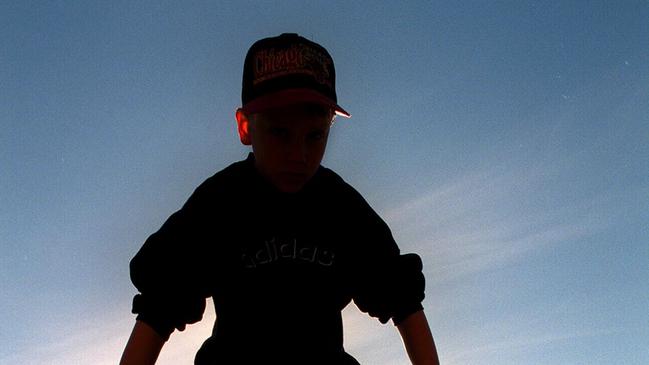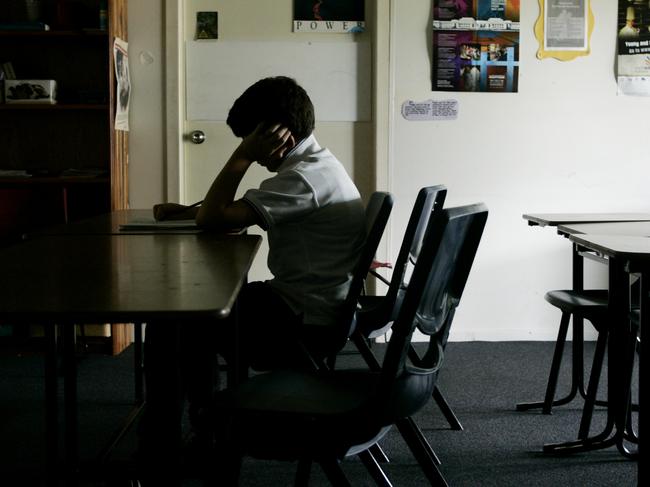School doesn’t have to reveal identity of bully, incident after VCAT ruling
A Victorian prep student was seriously assaulted in a playground attack, but the school won’t tell his parents everything about the incident. Here’s why.

Education
Don't miss out on the headlines from Education. Followed categories will be added to My News.
School parents do not always have the right to know the identity of their child’s bully or obtain eyewitness accounts of serious playground incidents, VCAT has ruled.
VCAT Commissioner Reynah Tang said the parents of a prep student did not have the right to obtain all notes from interviews of other students who witnessed, or were involved, in an incident involving their son.
The father of the prep student, who cannot be named for privacy reasons, sought more information about a “serious assault” involving his son, which was described by the Department of Education as a playground “accident”.
The incident led to the boy being diagnosed with post-traumatic stress.
He was withdrawn from the school in May 2021 because of the “victimisation” and “significant delays” in the school allowing him to change class, his father told the tribunal.
The boys’ parents were given a range of documents through Freedom of Information about the incident, but went to the Victorian Civil and Administrative Tribunal to obtain full access to redacted notes from teachers who interviewed students.

The parents contended they had a right to know what happened to their son so he could be treated for PTSD by medical practitioners.
The Department of Education lawyer Mick Batskos said the parents sought the information out of “sheer bloody mindedness”.
Commissioner Tang said he could “well understand their concern for their son’s welfare and the reasons they consider they have a right to know everything that happened”.
However, he said information conveyed by the prep students was in confidence and that disclosure would “lessen the likelihood of students providing information about similar school incidents in future”.
This outweighed the “general right of parents to know everything about such incidents,” he said.
Commissioner Tang was also not satisfied that the disclosure of the redacted information would assist in the boy’s medical treatment and thought it may identify the children interviewed.
The department argued that children giving evidence to those investigating an incident are encouraged to “provide full and frank disclosure on the basis that their information will not be shared”.
Mr Batskos said that even young children in prep understand the concept of confidentiality and that children may not be willing to be open about incidents that happen at school if they think there may be negative consequences for them.





